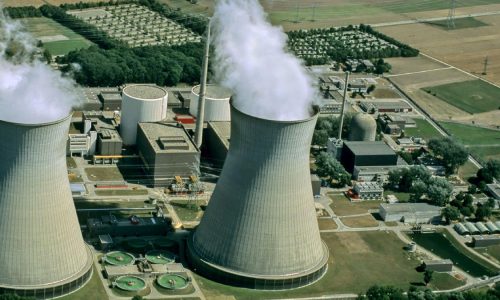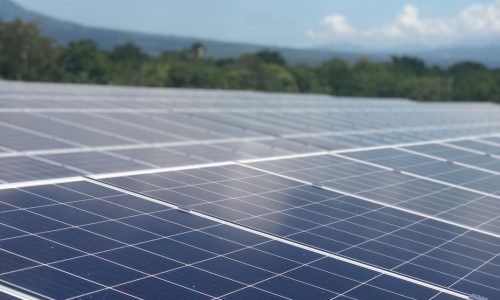Siam Cement Group (SCG), a prominent Thai conglomerate, has expressed its keen interest in participating in the development of new renewable energy projects in Indonesia’s new capital city, Nusantara. SCG plans to contribute to the construction of Solar Power Plants (PLTS), biomass energy facilities, and waste-to-energy initiatives.
Thammasak Sethaudom, Executive Vice President of SCG, emphasized that the company adopts diverse strategies to implement environmental, social, and governance (ESG) principles in the countries where it operates.
In Thailand, SCG places a strong emphasis on fostering a low-carbon economy. Meanwhile, in Vietnam, the company is focused on circular economy initiatives, introducing recycling technologies as one of its innovations. In Indonesia, SCG is committed to promoting the use of clean energy, particularly through renewable energy sources.
“Indonesia is constructing its new capital, Nusantara, which will rely on clean energy sources. We will undertake clean energy projects such as Solar Power Plants, Biomass Power Plants (PLTBm), and waste-to-energy projects,” stated Thammasak Sethaudom.
SCG is highly optimistic that the Nusantara project will evolve into a “green city” that extensively harnesses clean energy sources.
“It is entirely possible to build a new capital that relies on clean energy. Why opt for dirty energy sources that are only sustainable for a few years when we can embrace clean and sustainable energy?” Thammasak questioned.
SCG’s involvement in renewable energy projects in Indonesia’s new capital aligns with the global trend of transitioning towards sustainable and environmentally friendly energy sources. This partnership between SCG and Indonesia represents a significant step forward in achieving a greener and more sustainable future for the nation.









